When it comes to transporting vehicles, understanding the weight of a U-Haul car trailer is paramount for both safety and efficiency. Whether you are relocating, moving a family member, or simply need to get a vehicle from point A to point B, knowing the specifications of the trailer—including its weight—can substantially affect your towing experience.
What Is a U-Haul Car Trailer?
U-Haul car trailers are specialized trailers designed specifically for transporting vehicles. They offer a secure and efficient way to move cars, trucks, or SUVs. U-Haul provides various types of trailers, catering to different vehicle sizes and towing needs. Understanding the specifications, especially the weight of the trailer, helps ensure you choose the right option for your needs.
Types of U-Haul Car Trailers
To grasp the weight distinctions among U-Haul car trailers, we first need to understand the specific types available. Below is a table summarizing the major types:
| Trailer Type | Weight (Approx.) | Capacity | Features |
|---|---|---|---|
| Auto Transport Trailer | 2,800 lbs | Up to 5,290 lbs (max vehicle weight) | Supports all four wheels |
| Tow Dolly | 1,300 lbs | Up to 4,450 lbs (max vehicle weight) | Supports front wheels only |
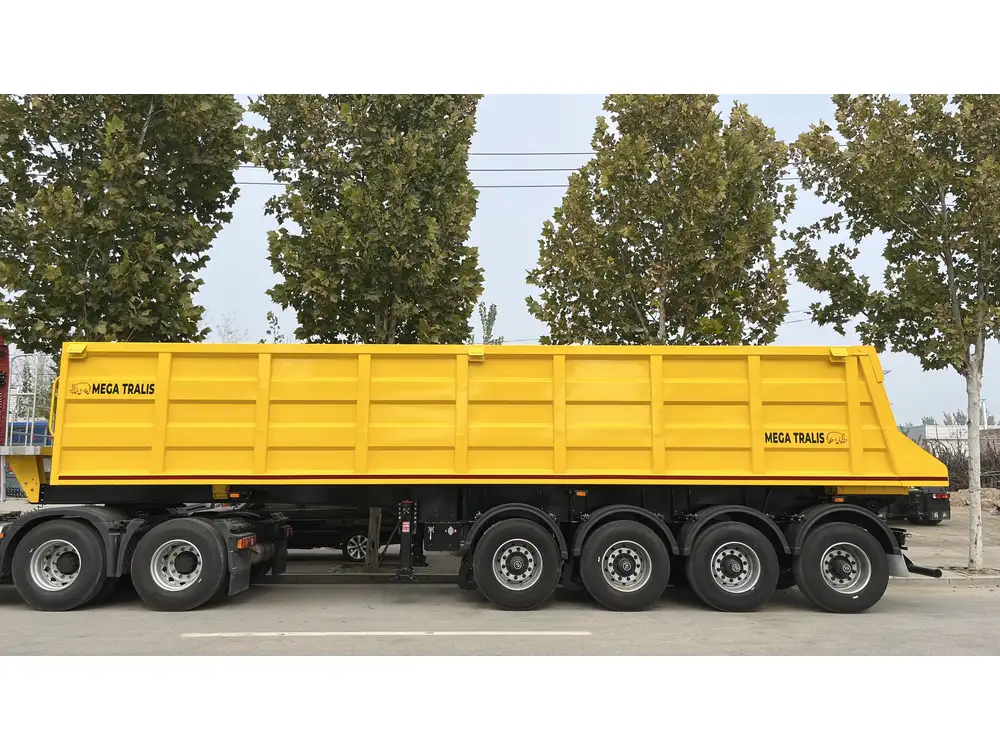
U-Haul Auto Transport Trailer
The Auto Transport Trailer is designed for transporting vehicles of various sizes. This trailer’s weight is approximately 2,800 lbs, allowing it to carry vehicles weighing up to 5,290 lbs. It’s crucial to note that it supports all four wheels of the vehicle being transported, offering stability and security.
U-Haul Tow Dolly
In contrast, the Tow Dolly is a lighter option, weighing around 1,300 lbs. This trailer supports only the front wheels of the vehicle, making it suitable for certain types of cars and small trucks. The maximum weight capacity for this trailer is 4,450 lbs, ensuring that lighter vehicles can be safely towed without issue.
Calculating Total Towing Weight
When considering hauling a vehicle, it’s essential to factor in the total towing weight, which includes both the weight of the trailer and the vehicle being transported. Here’s a brief calculation example for clarity.
Let’s say you’re towing a vehicle that weighs 3,000 lbs:
Using an Auto Transport Trailer:
- Trailer Weight: 2,800 lbs
- Vehicle Weight: 3,000 lbs
- Total Towing Weight:
2,800 lbs + 3,000 lbs = 5,800 lbs
Using a Tow Dolly:
- Trailer Weight: 1,300 lbs
- Vehicle Weight: 3,000 lbs
- Total Towing Weight:
1,300 lbs + 3,000 lbs = 4,300 lbs
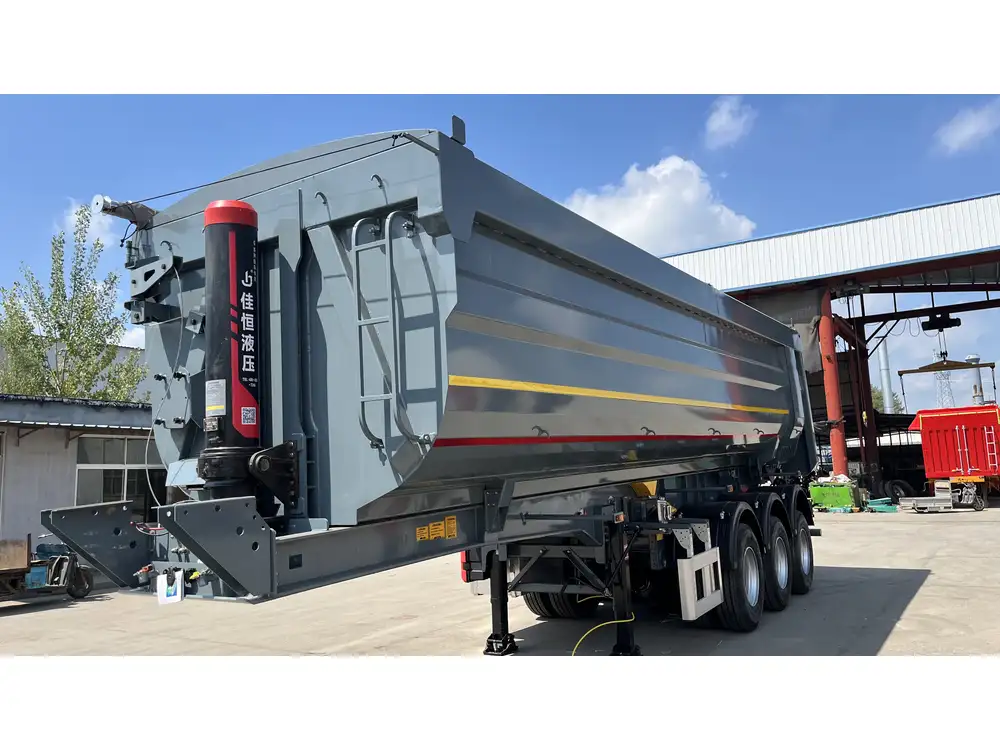
Importance of Knowing Total Weight
Knowing the total towing weight is crucial for various reasons:
- Vehicle Towing Capacity: Ensure that your towing vehicle can handle the weight. Exceeding the towing capacity can lead to hazardous driving conditions and potential vehicle damage.
- Safety Compliance: Ensuring that you’re within legal towing limits is not just a recommendation—it’s a requirement.
- Fuel Efficiency: The heavier your load, the more fuel consumption you can expect. Managing weight can lead to significant savings.
U-Haul Rental Requirements
Renting a U-Haul car trailer comes with specific requirements and guidelines:
Eligibility Criteria
- Age Requirement: Most U-Haul locations require drivers to be at least 18 years old, while some may have higher age thresholds.
- Driver’s License: A valid driver’s license is mandatory, along with any state-specific identification or registration.
- Credit/Debit Card: Payment methods are typically limited to credit or debit cards; cash is generally not accepted for deposits or rentals.
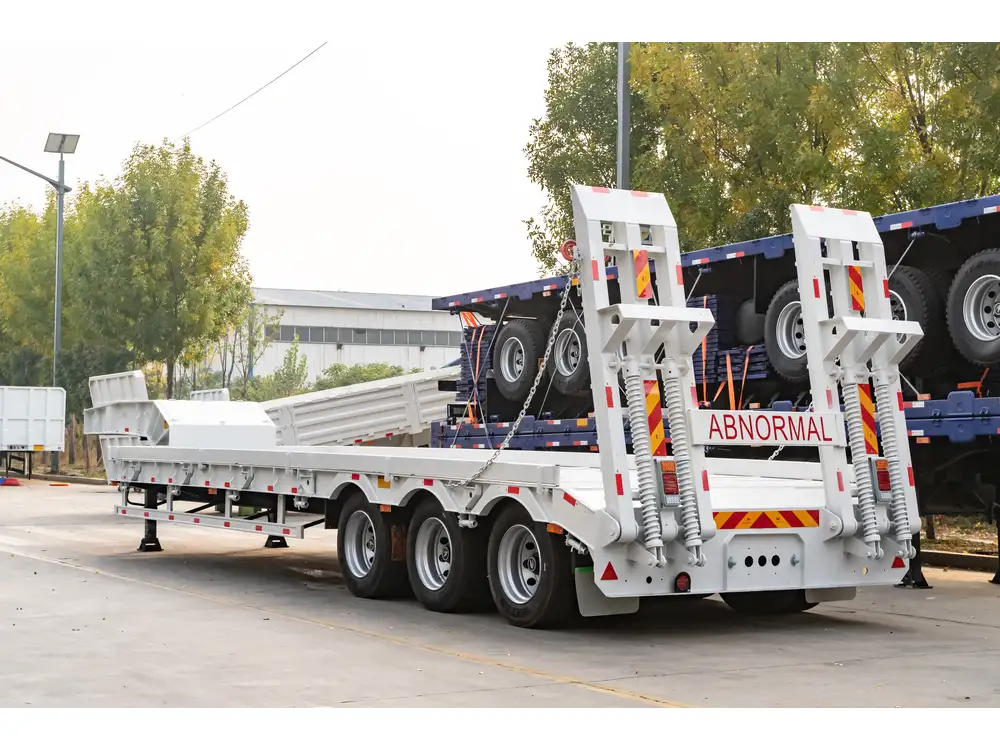
Vehicle Compatibility Check
Before committing to a U-Haul rental, it is essential to verify your vehicle’s compatibility with the selected trailer type. Each vehicle has a specific towing capacity indicated in the owner’s manual. Here’s a general checklist:
- Towing Capacity: Does your vehicle meet or exceed the total weight of the trailer plus the vehicle being towed?
- Tow Hitch Setup: Is your vehicle equipped with an appropriate tow hitch that matches the trailer type?
- Lights and Brakes: Ensure that both vehicle and trailer lights are operational for safe travel.
Preparing for Towing
Once you’ve secured a U-Haul car trailer rental, preparation becomes the next critical step. Here’s a detailed guide to ensure you’re ready to hit the road:
Pre-Tow Checklist
- Inspect the Trailer: Examine the tires, brakes, and lights for any signs of wear or damage.
- Verify Weight Ratings: Confirm the weight ratings and ensure they align with your vehicle’s towing capacity.
- Check Connectors: Make sure that all tow connectors (hitch, safety chains, and lights) are securely attached.
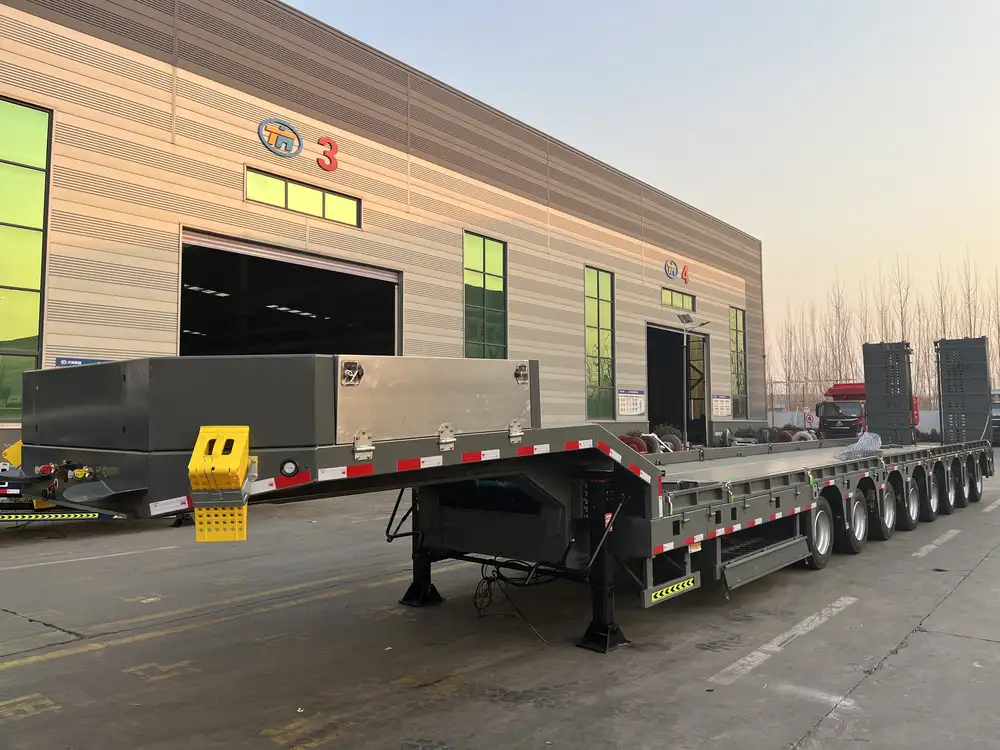
Loading the Vehicle
Loading the vehicle onto the trailer is as important as towing it. Follow these recommendations for a smooth loading process:
- Drive Slowly: When driving the vehicle onto the trailer, maintain a slow and steady pace to prevent mishaps.
- Center the Load: Position the vehicle so that its weight is evenly distributed across the axle of the trailer.
- Secure the Vehicle: Use the provided straps and chains to secure the vehicle, ensuring it is stable during transit.
Safety While Towing
Towing a trailer, particularly one carrying a vehicle, requires heightened awareness and precaution. Here are essential safety tips:
Maintain a Safe Speed
Investigate local towing regulations, but generally, maintaining a moderate speed, usually lower than standard limits, enhances control and reduces the risk of accidents.

Monitor Trailer Brakes
If your trailer is equipped with braking systems, ensuring they operate correctly before your journey can significantly improve safety, especially in emergency situations.
Focus on Driving Conditions
Keep an eye on the weather and road conditions throughout your journey. Adjust driving strategies to suit changing environments, bearing in mind that towing conditions differ from normal driving.
Troubleshooting Common Towing Issues
Despite meticulous preparations, unforeseen issues can arise while towing. Here are solutions to common problems:
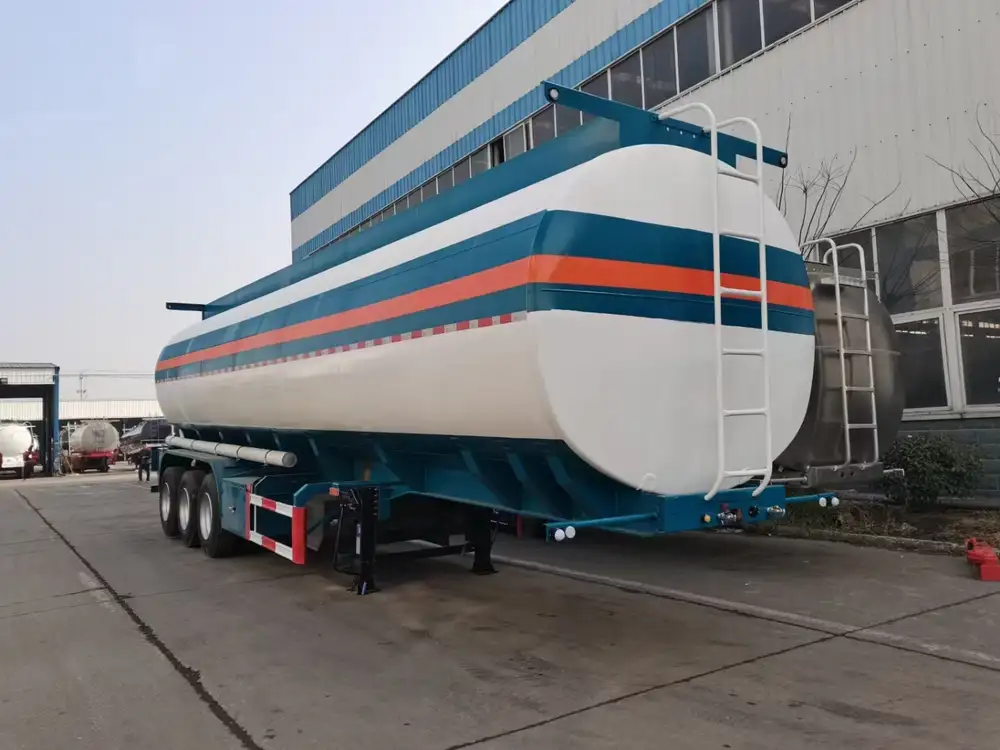
Swaying Trailer
- Cause: Improper load balance or high speed.
- Solution: Slow down, and consider redistributing the load. You might also need to add a sway bar to your setup.
Trailer Lights Malfunctioning
- Cause: Faulty connections or blown fuses.
- Solution: Check the wiring and connectors to ensure they’re secure, and replace any blown fuses or bulbs.
Overheating
- Cause: Prolonged stops and starts or heavy towing.
- Solution: Allow your vehicle and the trailer to rest frequently to cool down. Pay attention to your vehicle’s temperature gauge.
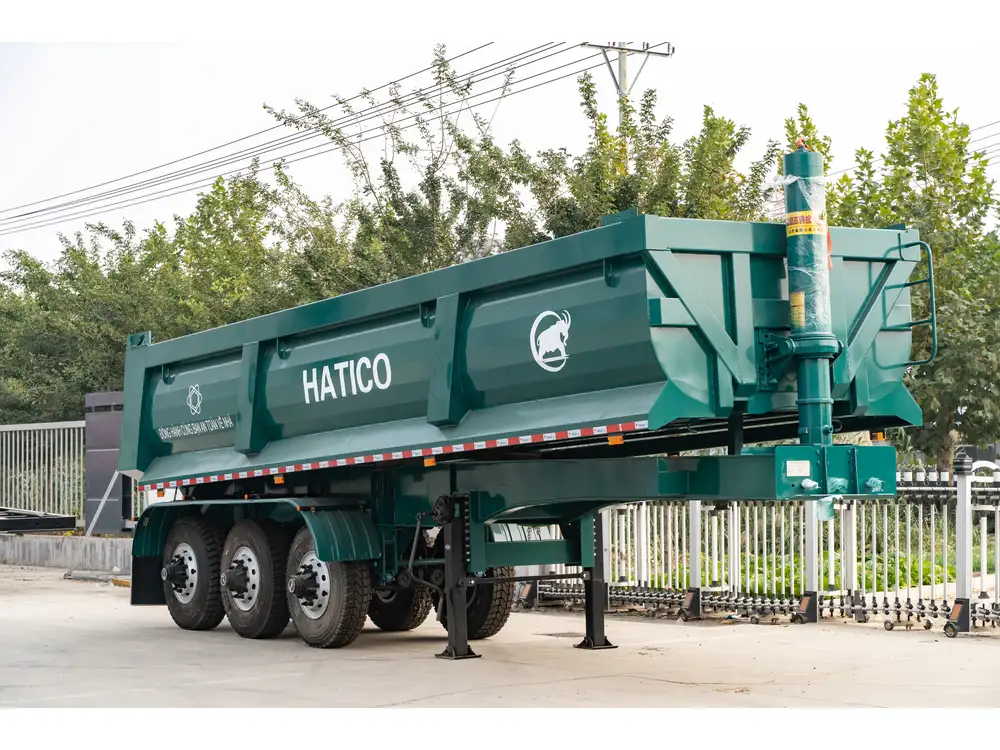
Conclusion: Making Informed Decisions
Understanding the weight of a U-Haul car trailer is essential for a successful towing experience. Evaluating your vehicle’s capacity, the type of trailer you’ll use, and your preparation techniques sets the stage for a smooth transportation journey. Whether you’re moving across town or embarking on a longer adventure, being aware of these factors ensures that you can navigate the logistical challenges of vehicle transport without undue stress.
With this guide, we hope to empower you with the knowledge needed to make informed decisions when considering renting a U-Haul car trailer. Remember, adherence to safety regulations, thorough preparations, and understanding your equipment will not only enhance your experience but also ensure the safety of yourself and others on the road. Happy towing!



